Your brain on music
Music is more than just black dots on white paper
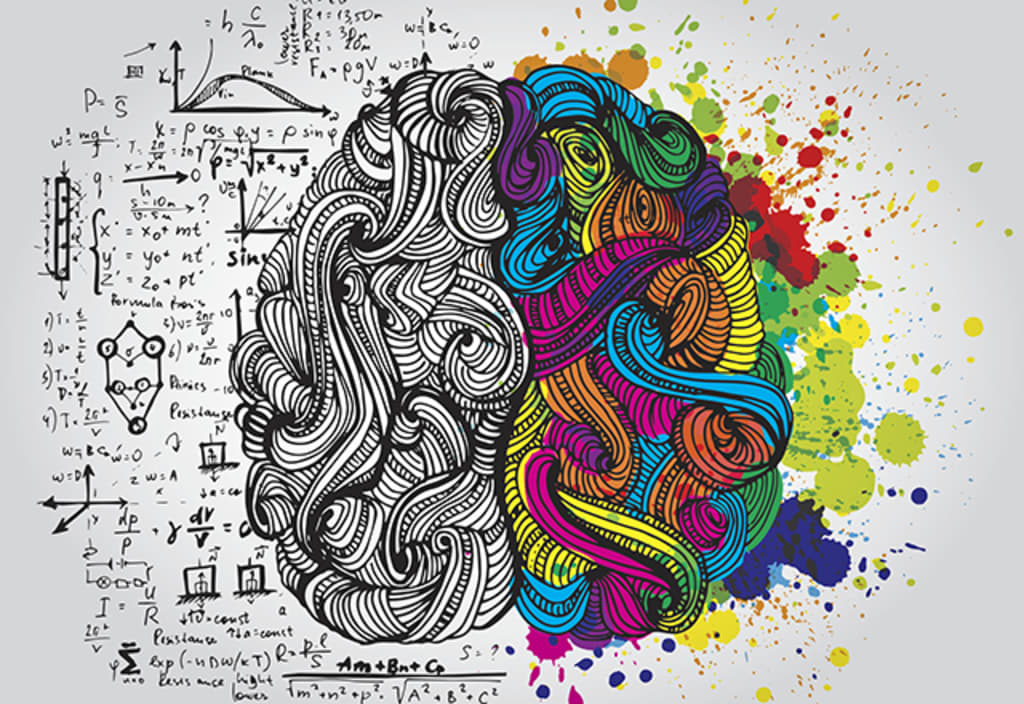
Some say that when musicians pick up their instruments fireworks explode inside their brain. That’s a romantic way to explain the way music affect our brains. On the outside, they may seem calm and focused, while inside their brains a tsunami of brain connections takes over and fire up multiple areas inside they brain. You might ask, how do they know all this? Well, in recent years, neuroscientists have gone a long way to study and monitor the way the human brain works. Armed with an army of inventions like the Functional Magnetic Resonance Imaging and the Positron Emission Topography. When people hook up to such machines, Neuroscientist discovered that when people do math or read, they could pin point specific areas where activity could be observed, giving us a wide inside look of how our mind respond to different stimulus.
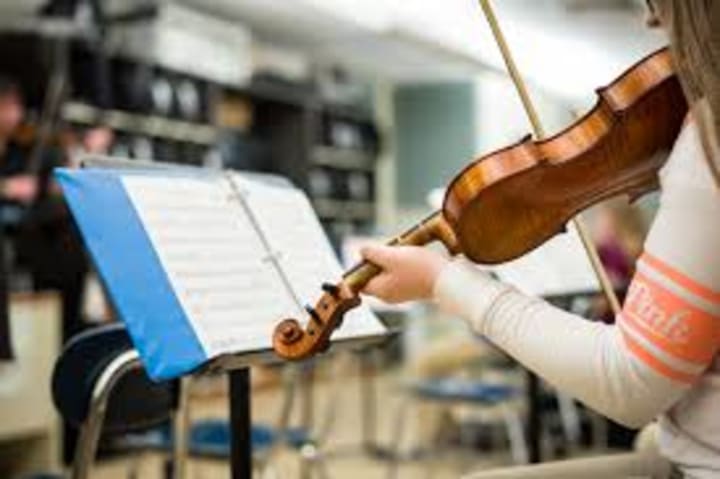
But something extraordinary happened when they used the same technique and played music. It was like witnessing a firework display. Multiple areas of the brain triggered at the same time, allowing the brain to process rhythm, pitch, melody, all at once to finally put it all together into a unified musical experience. This goes beyond a simple stack of notes that sound pleasing to our ears. Our brain has the ability to assimilate all that information at once. Imagine all the different connections that occurred to make you tap your foot to your favorite tune.
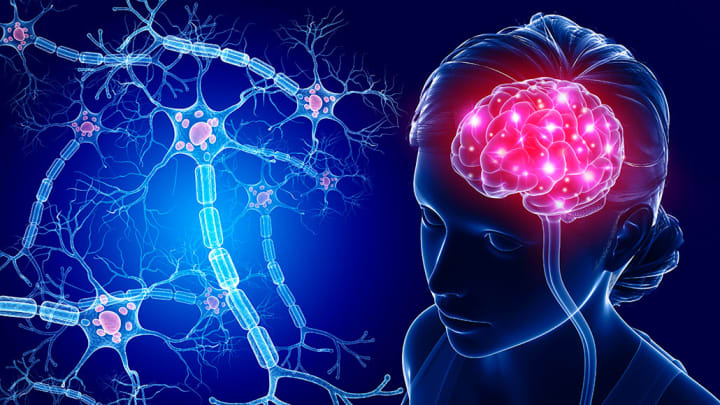
That sound impressive right, now imagine how neuroscientist felt when they used the same technique of brain scanning on a musician when he plays, it was a Jubilee! Sure, listening to music stimulates the brain in so many different ways, but playing an instrument is similar to a full body workout for the brain. Now it goes beyond rhythm and pitch, you need to add the muscular coordination to play the physical instrument. Intricate, interrelated, and extremely fast flow of neurological pathways work at unison to help us accomplish our task.
Discipline and conscious structure practice, just in like any other workout, strengthens the brain function needed. According to some scholars, the only difference between listening to music and playing music is that the latter requires fine motors skills. This is when things get even more interesting. To accomplish that, our brain need to make information flow from both hemispheres. Our logical side of the brain communicates with its creative counterpart in an unrestricted way. But how this communication can even happen between the two hemispheres?
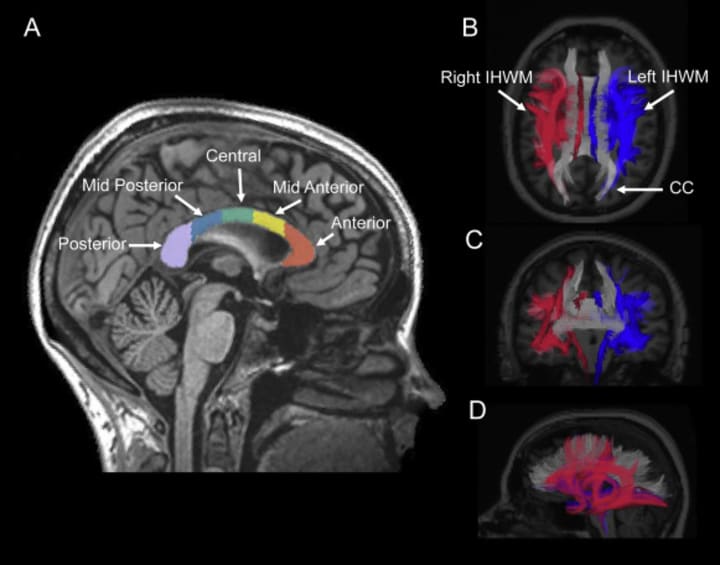
Again brain imaging have shown that the Corpus Callosum is the physical bridge between the hemispheres. In musicians, this part of the brain is larger in size and activity. This allows the flow of messages faster and through more diverse routes. This gives musician’s better ways to solve problems more effectively in both academic and social settings. All this just because making music involves crafting and displaying a vast array of emotions, music goes beyond playing the right notes and the right time.
Musicians often excel in executive functions, a category of interlink task like planning, strategizing and acute attention to detail. Such functions require simultaneous analysis of both cognitive and emotional aspects. The way musicians store information also differs from non-musicians. Musicians have enhanced memory functions; they have a unique way of retrieving memories more efficiently. Multiple studies have found that musicians use their brains to put multiple tag on memories, such an emotional tag, contextual tag or even an auditory tag, just like a good internet search engine.
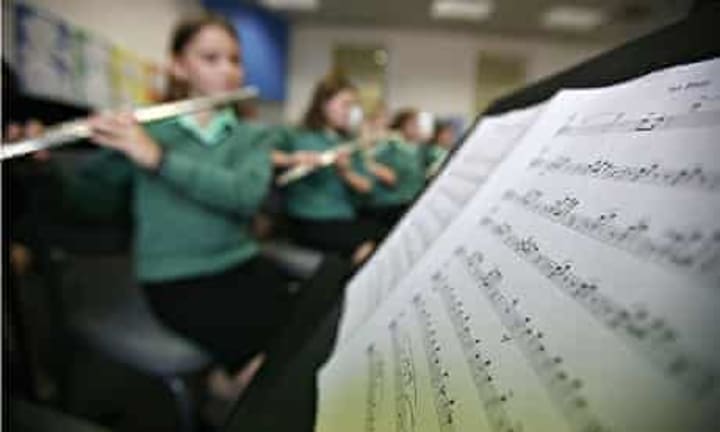
Is the brain of a musician different from a swimmer or a football player? Are musicians more intelligent? Is an innate ability of them? Several randomized participant studies have shown that people with the same cognitive ability at the start, showed enhancement in multiple brain areas when exposed to some sort of musical training. It is well documented that music can make you smarter, don’t waste any more time and gift yourself music, your brain will thank you.
About the Creator
Giovanni Profeta
Swimming through life one stroke at a time.






Comments
There are no comments for this story
Be the first to respond and start the conversation.